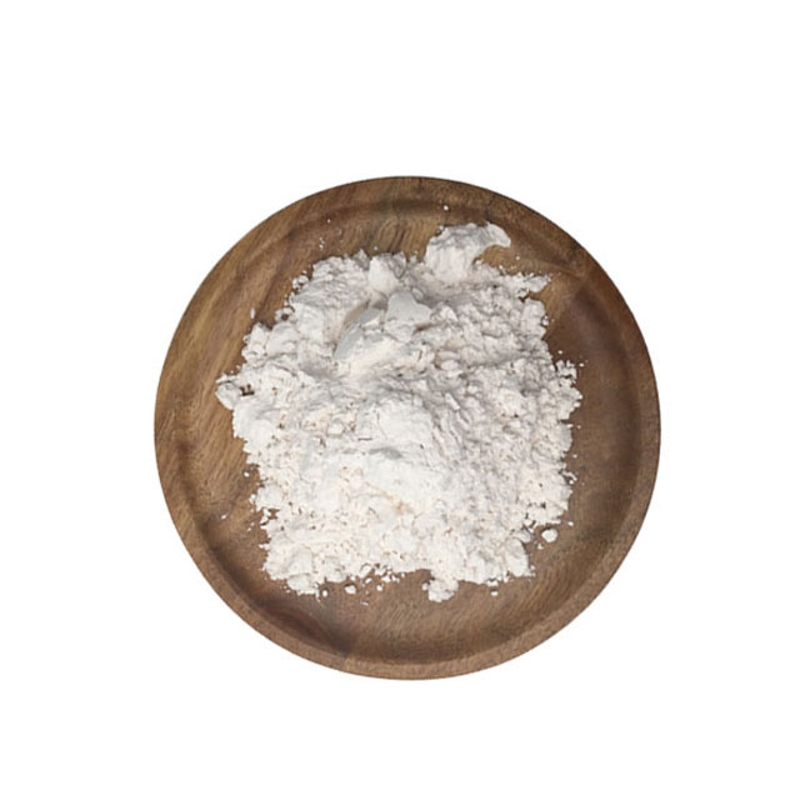-
Categories
-
Pharmaceutical Intermediates
-
Active Pharmaceutical Ingredients
-
Food Additives
- Industrial Coatings
- Agrochemicals
- Dyes and Pigments
- Surfactant
- Flavors and Fragrances
- Chemical Reagents
- Catalyst and Auxiliary
- Natural Products
- Inorganic Chemistry
-
Organic Chemistry
-
Biochemical Engineering
- Analytical Chemistry
- Cosmetic Ingredient
-
Pharmaceutical Intermediates
Promotion
ECHEMI Mall
Wholesale
Weekly Price
Exhibition
News
-
Trade Service
Alzheimer's disease (AD) is the most common, irreversible and progressive form of dementia
.
The "World Report on Alzheimer's Disease 2018" shows that every 3 seconds, 1 patient with dementia occurs globally
.
At present, there are at least 50 million dementia patients in the world, and it is estimated that by 2050, it will reach 152 million, of which about 60%-70% are patients with Alzheimer's disease (AD)
.
Alzheimer's disease was widely known as the "long farewell" in the late 20th century due to the slow deterioration of brain function and memory
.
However, more than 100 years ago, scientist Alois Alzheimer (Alois Alzheimer) first discovered plaques in the brains of patients with this disease
.
Since then, one of the hallmarks of Alzheimer's disease (AD) has been the accumulation of amyloid beta plaques in the brain
.
Although the deposition of amyloid-β (A-β) in the brain is one of the pathological features of Alzheimer's disease, and it is related to neurodegeneration in both human patients and animal models of the disease
.
But A-β is also present in peripheral organs, and the level of A-β in the blood is related to the burden of brain amyloid and cognitive decline
.
Does amyloid-β produced in other organs cause Alzheimer's disease? Recently, a new study published in the open journal "PLOS Biology" found that beta amyloid produced in the liver is carried to the brain through lipoproteins in the blood, leading to neurodegeneration of the brain
.
This result indicates that the liver may play an important role in the onset or progression of Alzheimer's disease
.
https://doi.
org/10.
1371/journal.
pbio.
3001388 In this study, in order to distinguish A-β produced by the brain and peripheral organs, the researchers developed a mouse that produces human A-β only in liver cells
.
Experiments have shown that in mice, A-β produced by the liver can enter the brain through the blood through the triglyceride-rich lipoprotein
.
The accumulation of A-β in the brain caused neurodegeneration and brain atrophy in experimental mice, accompanied by neurovascular inflammation and brain capillary dysfunction, which are common signs of Alzheimer's disease
.
The Aβ produced in the liver contributes to the pathological changes in the brain associated with Alzheimer’s disease.
In addition, the affected mice performed poorly in a learning test that depends on the function of the hippocampus, which is important for the formation of new memories.
Brain structure
.
The results of this study indicate that peripherally-derived A-β has the ability to cause neurodegeneration and indicate that A-β produced in the liver is a potential contributor to human disease
.
If this contribution is huge, then these findings may have a major impact on understanding Alzheimer's disease
.
As mentioned earlier, A-β produced by the liver can enter the brain through the blood through the triglyceride-rich lipoprotein
.
This also shows that lipoproteins (the core component is triglycerides, surrounded by a layer of phospholipids, cholesterol, and protein molecules) also play a certain role in Alzheimer's disease
.
For lipoproteins, a previous study found that high levels of low-density lipoprotein cholesterol (LDL-C) in middle age are associated with an increased risk of dementia ten years later
.
The results of the study showed that among people under the age of 65 who measure cholesterol, those with LDL-C levels above 190mg/dL have a higher risk of being diagnosed with dementia more than 10 years later than those with levels below 100mg/dL.
60%
.
DOI: 10.
1016/S2666-7568(21)00150-1 So far, most models of the disease have focused on the overproduction of A-β in the brain, which mimics the rare genetic case of human Alzheimer's disease
.
But for the vast majority of AD cases, the overproduction of A-β in the brain is not considered to be the core cause of the disease
.
Instead, life>
.
As we all know, aerobic exercise, healthy eating, non-smoking and restricted drinking are the most important life>
.
Therefore, adopting this healthy life>
.
Mamo added
.
"Although further research is needed now, this finding indicates that it may be possible to solve the massive deposition of A-β in the blood through personal diet and some drugs specifically targeting lipoprotein amyloid, thereby reducing the risk of Alzheimer’s disease.
Risk or slow the progression of Alzheimer’s disease
.
"Dementia and Alzheimer’s disease are both devastating diseases for individuals and their loved ones.
So far, there is no cure, so active prevention is still Is the key
.
Protecting your memory and thinking starts with maintaining a suitable level of low-density lipoprotein! References: 1.
Synthesis of human amyloid restricted to liver results in an Alzheimer disease–like neurodegenerative phenotype.
PLOS Biology, 2021; 19 (9): e3001358 DOI: 10.
1371/journal.
pbio.
30013582.
Blood cholesterol and risk of dementia in more than 1·8 million people over two decades: a retrospective cohort study Written by | Jessica Editor | Jessica Click below "Read Full Text" to download Metz Medical APP







